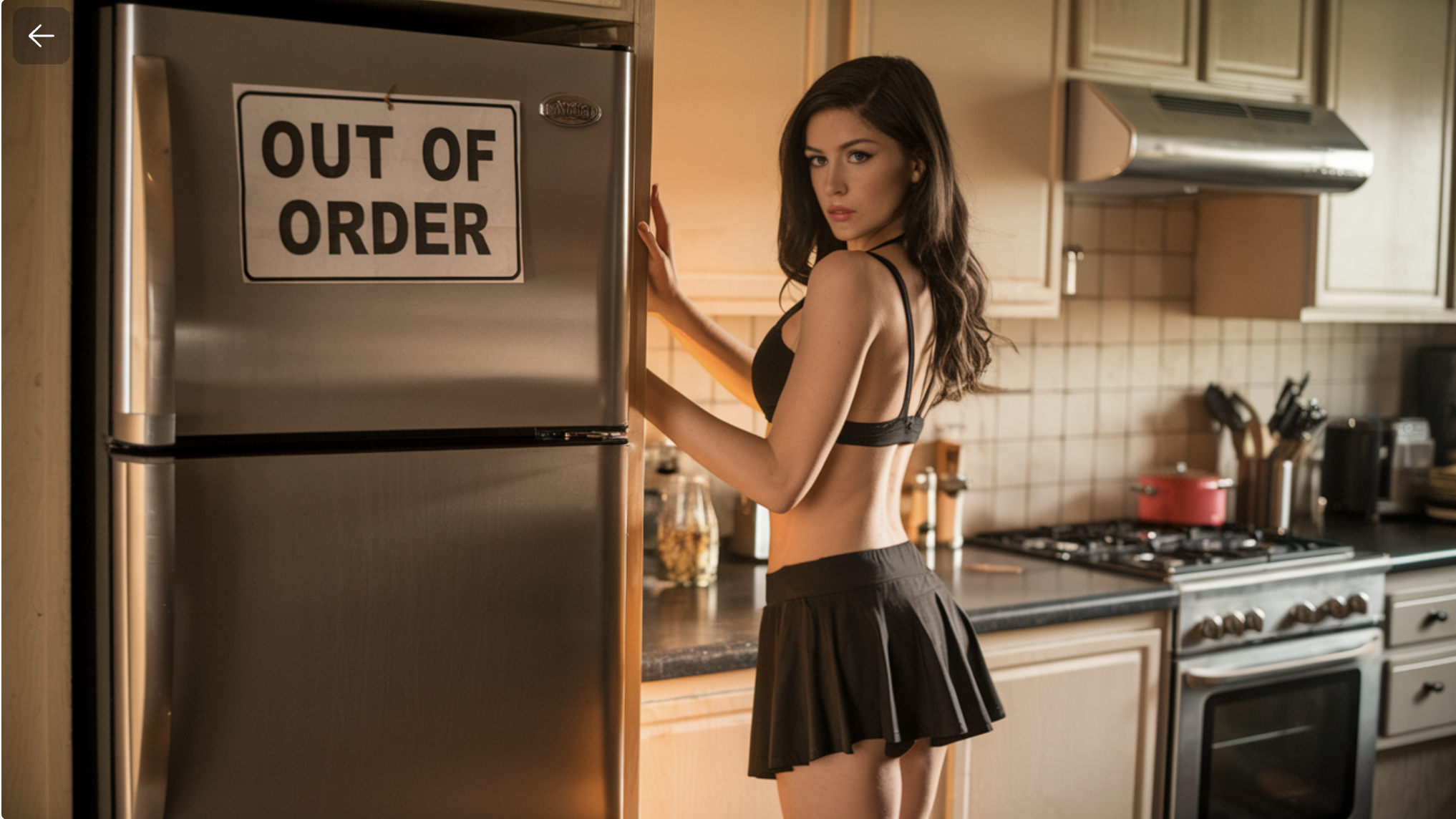Possible Causes
- Thermostat Issues: The thermostat controls the temperature inside your freezer. If it’s set incorrectly or malfunctioning, it can prevent the freezer from reaching the desired temperature.
- Dirty Condenser Coils: Condenser coils dissipate heat. If they are dirty, they can’t release heat effectively, leading to the freezer not cooling properly.
- Faulty Evaporator Fan: The evaporator fan circulates cold air throughout the freezer. If it’s not working, cold air won’t be distributed evenly, leading to poor freezing.
- Defective Start Relay: The start relay helps the compressor run. If it’s faulty, the compressor may not work properly, causing cooling issues.
- Blocked or Frozen Defrost Drain: If the defrost drain is blocked or frozen, it can cause ice buildup, which may prevent the freezer from freezing correctly.
- Compressor Problems: The compressor is the heart of the cooling system. If it’s not working, the freezer won’t freeze.
- Door Seal Issues: If the door seal (gasket) is damaged or dirty, warm air can enter the freezer, raising the temperature and preventing freezing.
- Low Refrigerant Levels: Refrigerant is necessary for the cooling process. If the levels are low due to a leak, the freezer won’t freeze.
What Can Be Done to Fix It?
- Check and Adjust the Thermostat: Make sure the thermostat is set to the correct temperature, usually around 0°F (-18°C). If it seems malfunctioning, it may need replacement.
- Clean the Condenser Coils: Use a vacuum or brush to clean the coils located at the back or beneath the freezer. This can improve cooling efficiency.
- Inspect the Evaporator Fan: If the fan isn’t running, it may need to be replaced. Listen for the fan’s operation when the freezer door is open.
- Test the Start Relay: Unplug the freezer and test the start relay with a multimeter. If it’s defective, replace it.
- Clear the Defrost Drain: If you suspect the defrost drain is blocked, you can manually clear it by flushing it with warm water. For frozen drains, thaw it using warm water or a hairdryer.
- Check the Compressor: If the compressor is not running, it might need a professional evaluation. Sometimes it could be a start capacitor issue, or in some cases, the compressor itself may need replacing.
- Inspect and Replace the Door Seal: Check the door gasket for any cracks, tears, or dirt. Clean it regularly and replace it if it’s damaged.
- Check for Refrigerant Leaks: If the freezer is still not freezing after trying the above steps, it could be due to a refrigerant leak, which requires professional attention.
When Should You Call a Professional?
If the compressor is not working, this usually requires professional repair or replacement.
Suspected refrigerant leaks need a certified technician to diagnose and repair.
If after troubleshooting, the freezer still isn’t freezing, it might be a more complex electrical or mechanical issue needing professional intervention.
How Can You Prevent It from Happening in the Future?
Regular Maintenance: Clean the condenser coils every 6-12 months.
Check Door Seals: Regularly inspect and clean the door seals to ensure they are airtight.
Avoid Overloading: Don’t overload the freezer, as this can block air vents and hinder air circulation.
Proper Thermostat Settings: Keep the thermostat at the recommended temperature to avoid overworking the freezer.
Monitor Defrost Cycles: Ensure the defrost system is functioning correctly by checking for excessive frost buildup and addressing it promptly.
Anything Else to Recommend?
Keep an Eye on the Freezer’s Performance: If you notice any unusual noises, excessive frost buildup, or temperature fluctuations, address them immediately to avoid bigger problems.
Use a Temperature Monitor: Consider installing a freezer thermometer to monitor the temperature regularly, so you can catch issues early.
Professional Check-ups: Schedule regular professional maintenance to catch potential issues before they become major problems.
